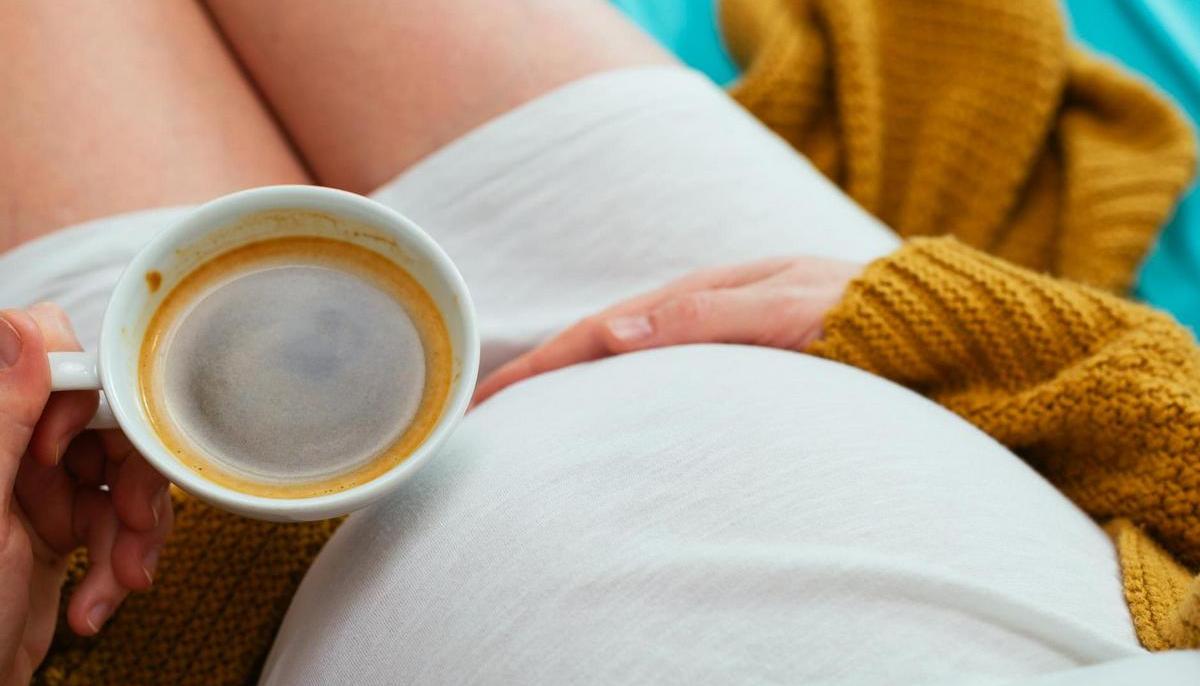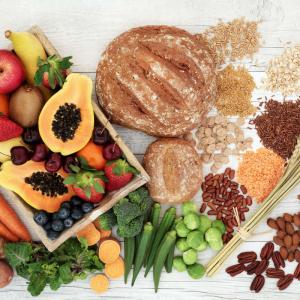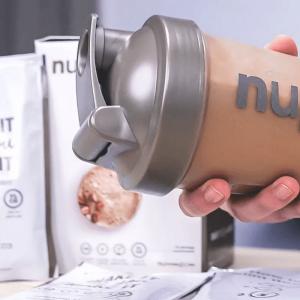Risks of coffee consumption during pregnancy
The main effect of caffeine for the body is to increase alertness: within an hour of drinking coffee, the concentration of caffeine reaches its maximum and persists in the blood for another 4-6 hours.
Caffeine stimulates the release of acid in the stomach, which can sometimes lead to a burning sensation in the stomach. Caffeine also has a diuretic effect, which means that it helps to eliminate fluids from the body and through this effect can lead to water and calcium losses.
In general, coffee consumption during pregnancy has no proven effects on the fetus or the baby at birth, but moderation is the key word.
Amount of caffeine in different food products (values are approximate and may vary from product to product):
- cup of coffee: 40-180mg (0.0014oz - 0.006oz)
- tea: 20-90mg (0.0007oz - 0.003oz)
- cola: 46mg (0.0016oz)
- Red Bull: 67mg (0.002oz)
- 1 scoop of ice cream with coffee: 58mg (0.002oz)
- chocolate bar: 10mg (0.0003oz)
- hot chocolate: 5mg (0.00017oz)
Effects on the baby
Most experts agree that moderation and common sense are the keys to consuming caffeinated products during pregnancy. Moderate caffeine consumption is somewhere between 200-300mg (0.007oz - 0.01oz) /day, which represents 1-3 cups of coffee per day. It is important for the pregnant woman to drink plenty of water, milk and natural juice, liquids that should not be replaced with drinks containing caffeine.
Researchers have difficulty determining if there is a relationship between caffeine and miscarriage because it is very common. Most studies suggest that low or moderate caffeine consumption does not increase this risk. Some studies have shown that there may be a risk of abortion or fetal death in case of high caffeine consumption (more than 300mg (0.01oz) /day), especially when it is associated with smoking, alcohol consumption or when consuming very large amounts of caffeine - more than 800mg (0.028oz) /day.
Regarding the risk of malformations, even the consumption of a large amount of caffeine has not been proven to cause an increase in the occurrence of fetal malformations.
However, caffeine crosses the placenta and therefore large amounts of caffeine could affect the baby in the same way it affects adults. Some studies have shown that the children of mothers who consumed more than 500mg (0.017oz) of caffeine per day may have faster heartbeats, tremors, a higher number of breaths per minute and that they will spend more time awake in the days after birth.
Coffee and breastfeeding
Caffeine reaches breast milk, but the American Pediatric Association considers caffeine compatible with breastfeeding. Consumption must be reduced and the child monitored for irritability and changes in sleep.
Breastfeeding women must hydrate themselves properly with water, milk and natural juices.
What do we replace coffee with during pregnancy?
There are coffee substitutes based on chicory or decaffeinated coffee. If you only want to reduce consumption, you can make it weaker, using only half a teaspoon of coffee. Milk in coffee does not change its concentration, only the taste. But milk with coffee can be an option.
Difficulty getting pregnant or infertility
The results of the studies are not very clear, regarding the connection between conception and coffee consumption. Some studies suggest that high levels of caffeine - more than 300mg (0.01oz) /day - can make conception more difficult, but these findings are not fully proven. Low to moderate caffeine consumption - less than 300mg (0.01oz) /day - does not seem to reduce a woman's chances of becoming pregnant.
At the same time, very little information is available regarding the effects of caffeine on spermatozoa. One study showed an increase in the motility (movement) of spermatozoa, other effects being unknown. In general, the exposures that expectant fathers have, with a very high probability, will not increase the risks in pregnancy.







